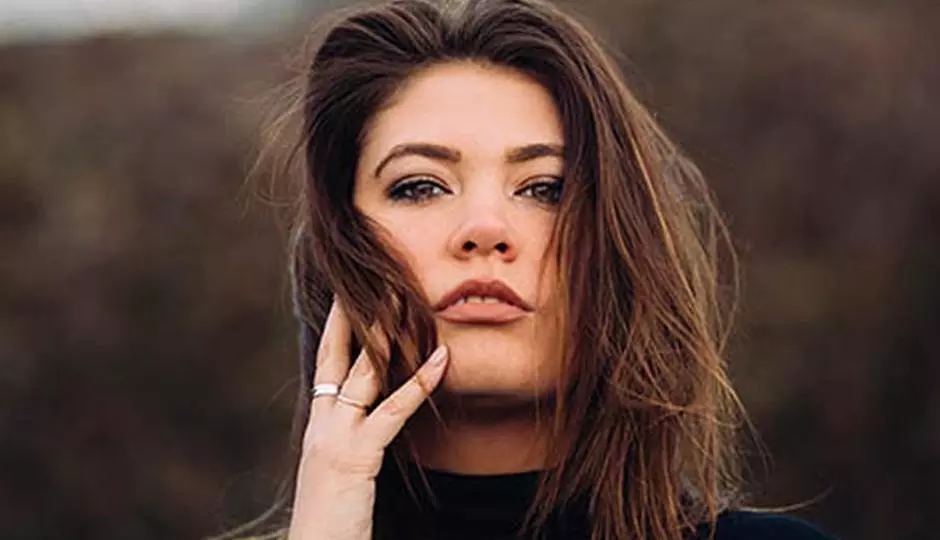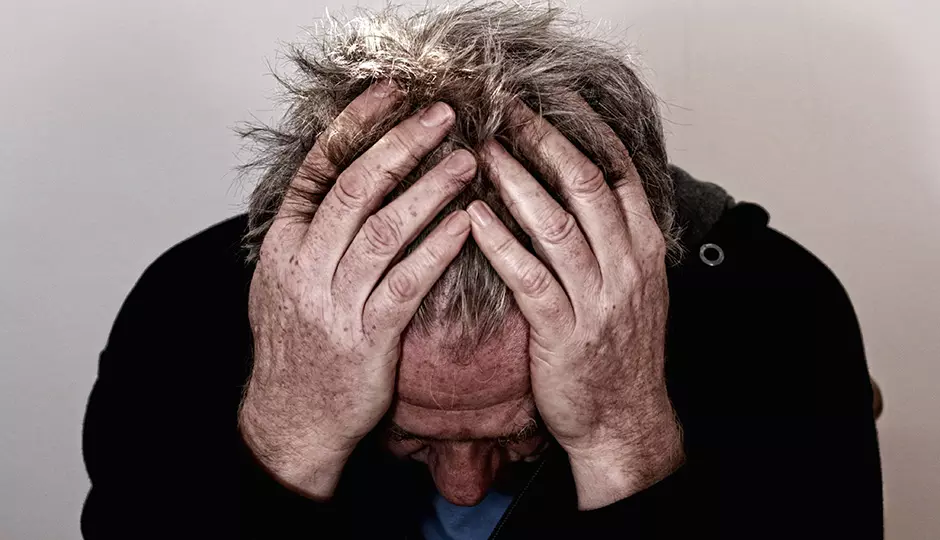Hair loss can affect your self-esteem and, sadly, in today's world, even your professional success. Thinning hair, for the most part, is a cosmetic concern (although it can indicate a health problem if combined with certain other symptoms). Here are some tips to prevent and reduce hair loss for women.
- Be careful with extremely tight hairstyles, especially as you get older. Routinely wearing cornrows, braids, buns, or tight ponytails can sometimes cause traction alopecia. Always use metal-free hair holders.
- Reduce the amount you use your blow dryer or your curling iron. Any time you use heat on your hair it becomes more brittle. If you do use a straightener or curling iron, keep moving it around. If your fingers burn on it, the setting is too high.
- Avoid chemically relaxing or curling your hair and bleach, all of which can cause thinning. If you already have noticeable thinning, stay as close to your natural style as possible and make sure that the colors you use are as gentle and chemical-free as possible.
- Increase your intake of leafy greens, nuts, beans, fish and lean meats. Consider a B12 or biotin supplement, which is very good for your hair. If you are a vegetarian or vegan you may want to also add an iron supplement.
- Use a boar bristle or nylon brush rather than a plastic or metal one, as these are less likely to pull your hair. Be particularly careful with styling brushes designed to be used with a blow dryer, which can cause as much heat as a curling iron. Use them only when you need to look particularly good, not as part of your daily routine.
- Reduce stress. Stress causes hair loss - as well as all kinds of other problems - so anything you can do to lower your stress levels will help your hair. If yoga helps you, do it.
- If you are taking a vitamin A supplement, unless on the specific advice of a doctor, stop. You may have too much vitamin A, which is bad for your hair.
You should talk to your doctor about hair loss if:
- You are also experiencing weight gain - this can be a sign of hypothyroidism, pre-diabetes or ovarian cysts.
- You are on birth control or HRT after menopause. Both can cause hair loss and your doctor may be able to switch your medication.
- You are also experiencing fatigue, headaches and pale skin, which can indicate anemia.
- You are losing hair in circles, which can indicate alopecia areata, an autoimmune disease which is generally treatable by steroids.
- You are on blood thinners, beta blockers, lithium, methotrexate, antidepressants or are routinely using NSAIDs. Again, your dose or medication may need to be changed.
Most hair loss is treatable. For example, hair loss caused by poor styling practices will generally disappear if you change how you are wearing your hair. If you need more help and advice about your hair loss, then contact New Image Hair Clinic.



